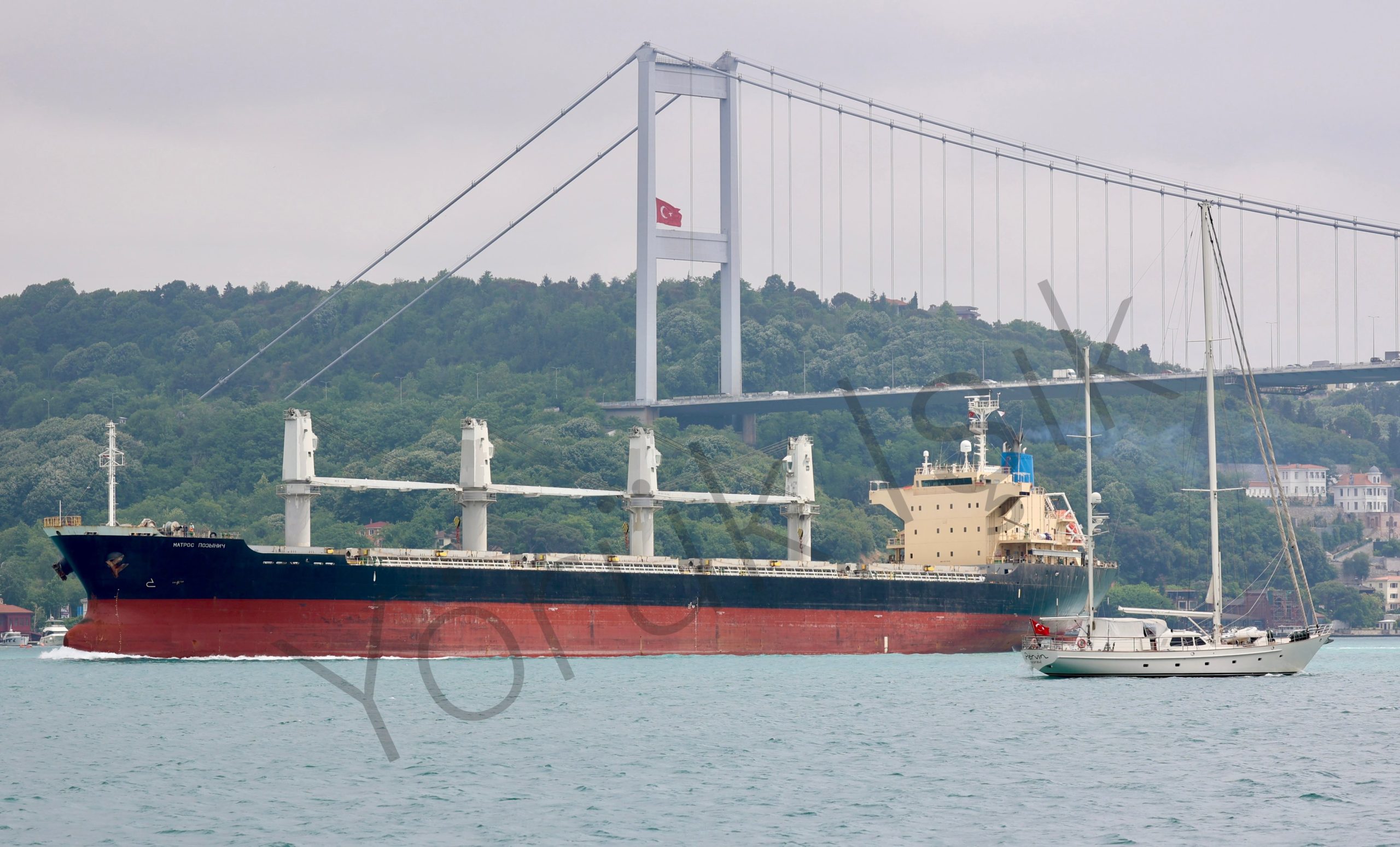Global Breadbasket
Ukraine accounts for roughly one-tenth of the world’s wheat exports. Grain supplied from Ukraine is found everywhere, from the bread in the Middle East, the aid distributed to famine-stricken Yemen, and feed for most livestock in China, another significant part of the global food supply.
In the first weeks of the war, concerns were whether the conflict would affect the country’s wheat harvests for the year and, consequently, global prices. Even with the heavy fighting, Ukrainian officials claim that the country is on track to meet its harvest goals for the summer, even adding that it has over 30 million tons in storage. However, the problem is being able to ship the grains out of the country.
“Last year was a record wheat-producing year for the whole country,” Ukrainian industrial farmer Dmytro Grushetskyi said. “Ukraine is actually full of grain. Our stocks are full.”
“But now we can’t get the grain out,” he said, referring to the climbing grain prices that threaten the global food supply, “which means Ukrainian farmers and the rest of the world are screwed.”
All of Ukraine’s ports in the Black Sea have been closed off to the rest of the world because of a Russian blockade in the area. Ukraine invested significantly in farm-to-port infrastructure, making it difficult to transition to railways in such a short period.
Additionally, reports of Russia destroying a major Ukrainian grain export terminal in Mykolaiv have also surfaced, adding to the evidence that Russia is weaponizing food supply for its own gain.
If you were still not convinced that Russia is actively worsening the global food crisis, watch Russia's strikes on a grain facility in Mykolaiv pic.twitter.com/pGoqOvQFt6
— Samuel Ramani (@SamRamani2) June 5, 2022
Africa’s Food Crisis
Last May, the U.S. warned 14 mostly African countries about incoming Russian cargo vessels containing stolen grain from Ukraine. African countries are facing a tough decision on whether to buy wheat from Russia and possibly anger the West or risk the lives of millions starving because of drought.
Wheat from Ukraine and Russia typically provides around 40% of Africa’s grain imports, whose prices rose by 23% over the past year. According to the United Nations, the Horn of Africa region is currently suffering from a devastating drought that has left over 17 to 20 million people hungry.
East Africa cannot wait. Millions of people including women and children are going to bed hungry every night, many are at risk of dying out of this extreme hunger.
Donate to alleviate this urgent crisis, today: https://t.co/TmkIMoodss pic.twitter.com/1Y2jztJrms— Oxfam International (@Oxfam) March 29, 2022
In the face of such adversity, African nations are unlikely to hesitate to purchase cheap grain even if it were supplied by Russia, according to the director of the HORN International Institute for Strategic Studies, Hassan Khannenje.
“This is not a dilemma,” Mr. Khannenje said. “Africans don’t care where they get their food from, and if someone is going to moralize about that, they are mistaken.”
“The need for food is so severe that it’s not something they need to debate,” he added.
The war has ignited a global food crisis, prompting the United Nations to propose a plan to re-open shipping routes coming from Ukrainian ports. The Kremlin is trying to leverage global food prices to gain more political footing on the international stage, pinning down the supply to force countries to choose between Russia and the West.
Since the start of Vladimir Putin’s “special military operations,” the U.S. and its allies have unleashed an unprecedented wave of sanctions against Russia. Moscow has been trying to work around these sanctions to keep the country’s economy afloat.











COMMENTS